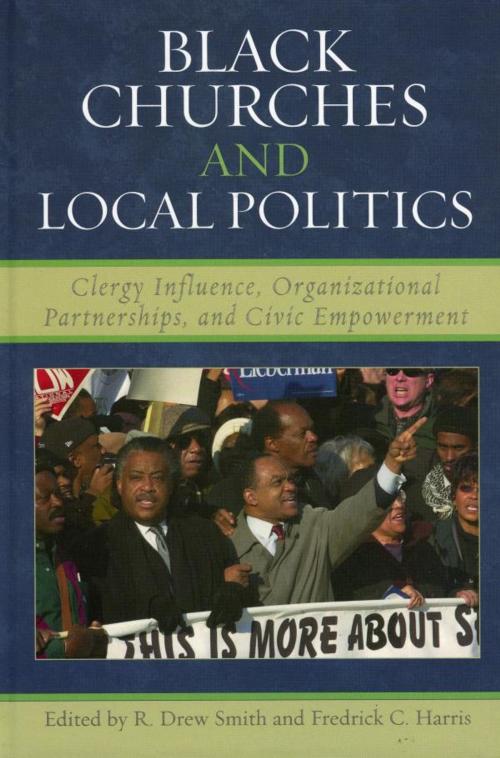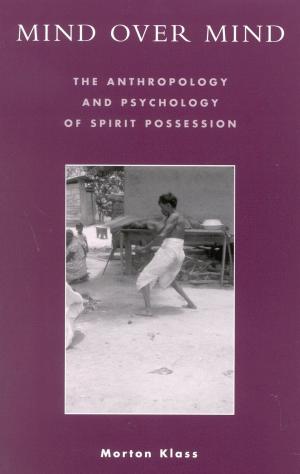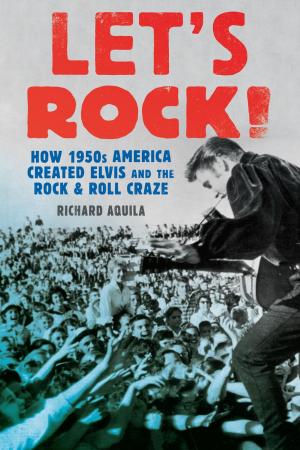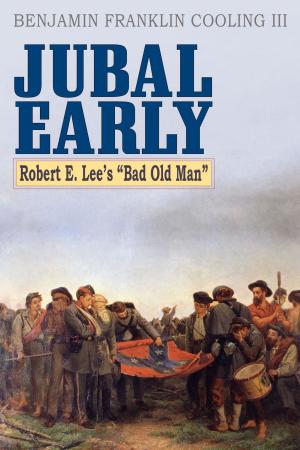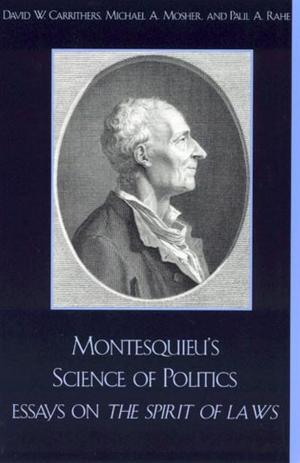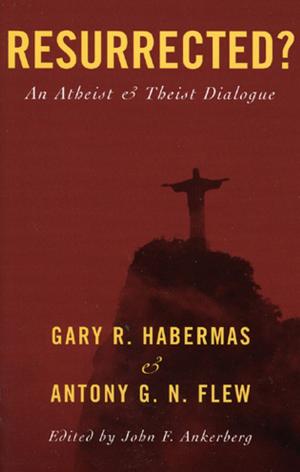Black Churches and Local Politics
Clergy Influence, Organizational Partnerships, and Civic Empowerment
Nonfiction, Social & Cultural Studies, Political Science, Government, Civics, Politics, Civil Rights| Author: | ISBN: | 9780742571730 | |
| Publisher: | Rowman & Littlefield Publishers | Publication: | June 30, 2005 |
| Imprint: | Rowman & Littlefield Publishers | Language: | English |
| Author: | |
| ISBN: | 9780742571730 |
| Publisher: | Rowman & Littlefield Publishers |
| Publication: | June 30, 2005 |
| Imprint: | Rowman & Littlefield Publishers |
| Language: | English |
This book on black churches and urban politics uses case studies from various cities to examine the strategies and tactics of activist clergy and congregations. These case studies illustrate how black activist clergy and congregations negotiate the political terrains of their respective cities. The cases show that the political culture of a city—whether that culture is shaped by machine politics, a legacy of political protest, racial and ethnic factionalism, or a city whose power resides in the mayor's office rather than the city council chamber—can influence the tactics of activist clergy and congregations. These cases also show how strategies and tactics vary across congregations as well as within and across cities. Not only do activist churches emphasize political empowerment or economic development, their tactics to pursue their goals may take different forms. They can form coalitions with other churches and/or political organizations, lobby public officials, use personal appeals to persuade politicians, or mobilize voters for candidates who support the congregation's agenda. By taking stock of the strategies that activist black clergy and congregations adopt and the tactics they use to research their goals, the cases in this book highlight nuances in black clergy and church activism that are captured beyond a single case or a focus on national politics. The three sections of Black Churches and Local Politics examine the many ways that black activist clergy and congregations voice their concerns in urban politics. The tactics explored are the use of personal influence by activist ministers, the formation of coalitions with churches and community organizations, and pressure groups that lobby government institutions and leaders on behalf of minority communities.
This book on black churches and urban politics uses case studies from various cities to examine the strategies and tactics of activist clergy and congregations. These case studies illustrate how black activist clergy and congregations negotiate the political terrains of their respective cities. The cases show that the political culture of a city—whether that culture is shaped by machine politics, a legacy of political protest, racial and ethnic factionalism, or a city whose power resides in the mayor's office rather than the city council chamber—can influence the tactics of activist clergy and congregations. These cases also show how strategies and tactics vary across congregations as well as within and across cities. Not only do activist churches emphasize political empowerment or economic development, their tactics to pursue their goals may take different forms. They can form coalitions with other churches and/or political organizations, lobby public officials, use personal appeals to persuade politicians, or mobilize voters for candidates who support the congregation's agenda. By taking stock of the strategies that activist black clergy and congregations adopt and the tactics they use to research their goals, the cases in this book highlight nuances in black clergy and church activism that are captured beyond a single case or a focus on national politics. The three sections of Black Churches and Local Politics examine the many ways that black activist clergy and congregations voice their concerns in urban politics. The tactics explored are the use of personal influence by activist ministers, the formation of coalitions with churches and community organizations, and pressure groups that lobby government institutions and leaders on behalf of minority communities.
